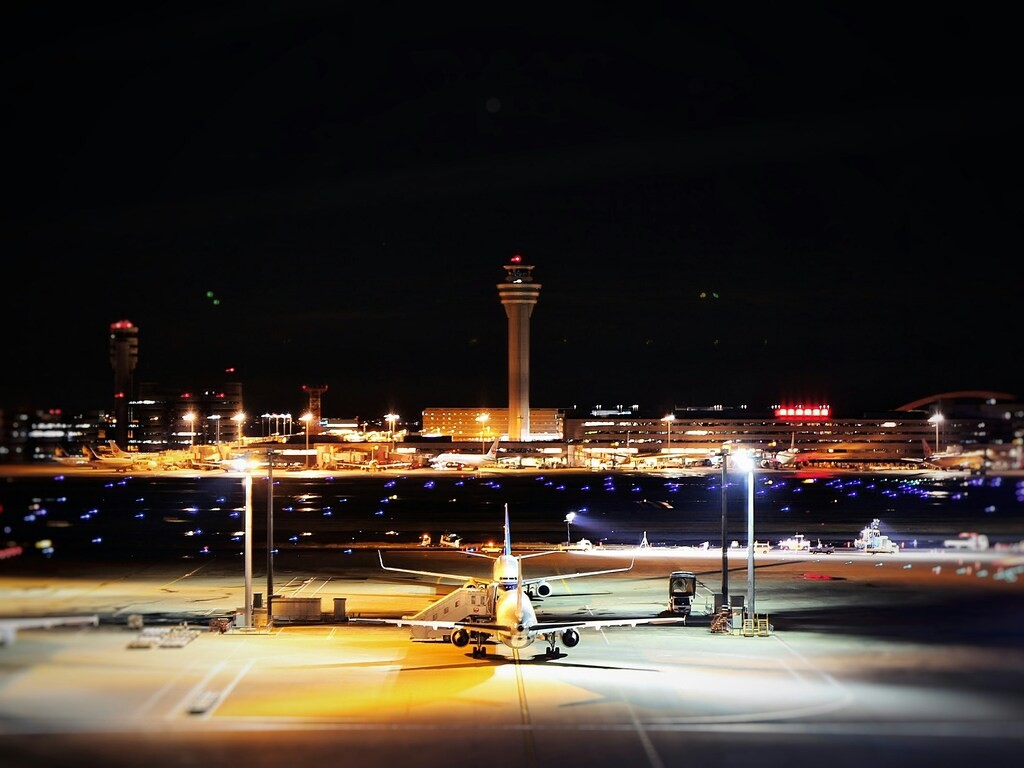Unforeseen circumstances can disrupt the best-laid travel plans, leading to unexpected setbacks and stress. One of the most common challenges faced by travelers is the inability to board their scheduled flight on time. This predicament often arises due to various factors, ranging from miscalculated transit times to unforeseen delays in journey preparation.
For those who find themselves unexpectedly stranded at the departure gate, strategic planning and proactive measures can mitigate the impact of missed flights. Understanding the primary causes and implementing preventative strategies are essential for navigating this common travel dilemma smoothly.
Regrettably, when air travel schedules go awry, it's crucial to remain calm and informed about available options. This guide explores effective approaches to cope with flight disruptions and outlines practical steps to minimize the likelihood of encountering similar challenges in the future.

Dealing with a Flight Delay Situation
Encountering unexpected disruptions to your travel plans can be disorienting and stressful. When your scheduled flight doesn't go as planned, it's crucial to stay composed and take proactive steps to minimize inconvenience.
Immediate Actions
- Check for Alternative Options: Look for later flights or alternative routes to your destination.
- Communicate with Airline Staff: Approach airline representatives calmly for assistance and information.
- Review Rebooking Policies: Understand your rights and options for rebooking without delay.
Strategies for Prevention
- Arrive Early: Allow ample time for check-in and security procedures.
- Monitor Flight Status: Stay informed about any potential delays or schedule changes.
- Prepare Contact Information: Keep airline contact details handy for quick reference.
By adopting a proactive approach and preparing ahead, you can navigate flight delays with greater ease and reduce the impact on your travel plans.
Immediate Steps to Take
When you find yourself in the situation where your scheduled flight has departed without you, it's crucial to act swiftly and decisively. The following steps outline immediate actions to manage the consequences effectively.
1. Prioritize Communication
- Contact the airline immediately to inform them of your situation.
- Utilize available communication channels such as phone, email, or airline apps.
- Clearly articulate your circumstances without delay.
2. Evaluate Rebooking Options
Explore alternative flight options as soon as possible to minimize disruption to your travel plans. Look into:
- Next available flights with the same airline.
- Connecting flights or alternative routes that can get you to your destination.
- Consider other airlines if necessary.
By promptly addressing these initial steps, you can mitigate the impact of missing your intended flight and work towards resuming your journey without significant delay.
Options for Rebooking and Refunds
Exploring alternatives: When unexpected changes disrupt travel plans, exploring options to reschedule and receive reimbursement becomes crucial. This section outlines pathways to secure new flight arrangements or reclaim funds due to unforeseen circumstances.
Considering rebooking possibilities: Discovering opportunities to adjust travel schedules allows passengers to accommodate disruptions effectively. Airlines typically offer various methods to rearrange travel plans, ensuring flexibility amidst unexpected events.
Facilitating refund processes: Initiating procedures to reclaim financial investments due to missed flights involves understanding refund policies and adhering to established guidelines. This section guides travelers through the steps required to secure monetary reimbursements.
Utilizing customer support resources: Engaging with airline representatives or utilizing digital platforms enables individuals to obtain assistance in navigating rebooking and refund processes efficiently. These resources facilitate informed decision-making and mitigate the impact of travel disruptions.
Optimizing travel flexibility: Embracing strategies that enhance flexibility in travel arrangements empowers passengers to navigate unforeseen challenges effectively. By exploring rebooking options and understanding refund policies, travelers can mitigate the consequences of missed flights.
Communicating with Airlines and Airports
In this section, we delve into effective communication strategies for interacting with airline companies and airport authorities. Clear and concise communication plays a pivotal role in resolving issues and obtaining information swiftly.
- Utilize official channels for inquiries and updates.
- Engage with airline customer service representatives professionally.
- Employ courteous language to convey concerns or requests.
- Seek clarification on policies and procedures through direct communication.
- Refer to informational signage and announcements within airport premises.
- Utilize online resources provided by airlines and airports for timely updates.
Effective communication fosters a smoother travel experience, enhancing clarity and efficiency in handling various situations that may arise during your journey.
Preventing Missed Flights
In the realm of air travel, arriving punctually for your scheduled departure is paramount. This section emphasizes proactive measures to ensure you arrive on time, minimizing the risk of being unable to board your flight.
Early Arrival Strategy
One effective strategy to avoid missing your flight is to arrive at the airport well in advance of your departure time. This allows ample opportunity to navigate through check-in procedures, security screenings, and potential unforeseen delays.
Planning and Preparation
Thorough planning and preparation play crucial roles in preventing lateness. This includes checking traffic conditions en route to the airport, estimating travel time accurately, and factoring in potential holdups such as road closures or public transportation delays.
By implementing these proactive approaches, travelers can significantly enhance their chances of arriving promptly for their flights, thus reducing the likelihood of encountering missed boarding situations.
